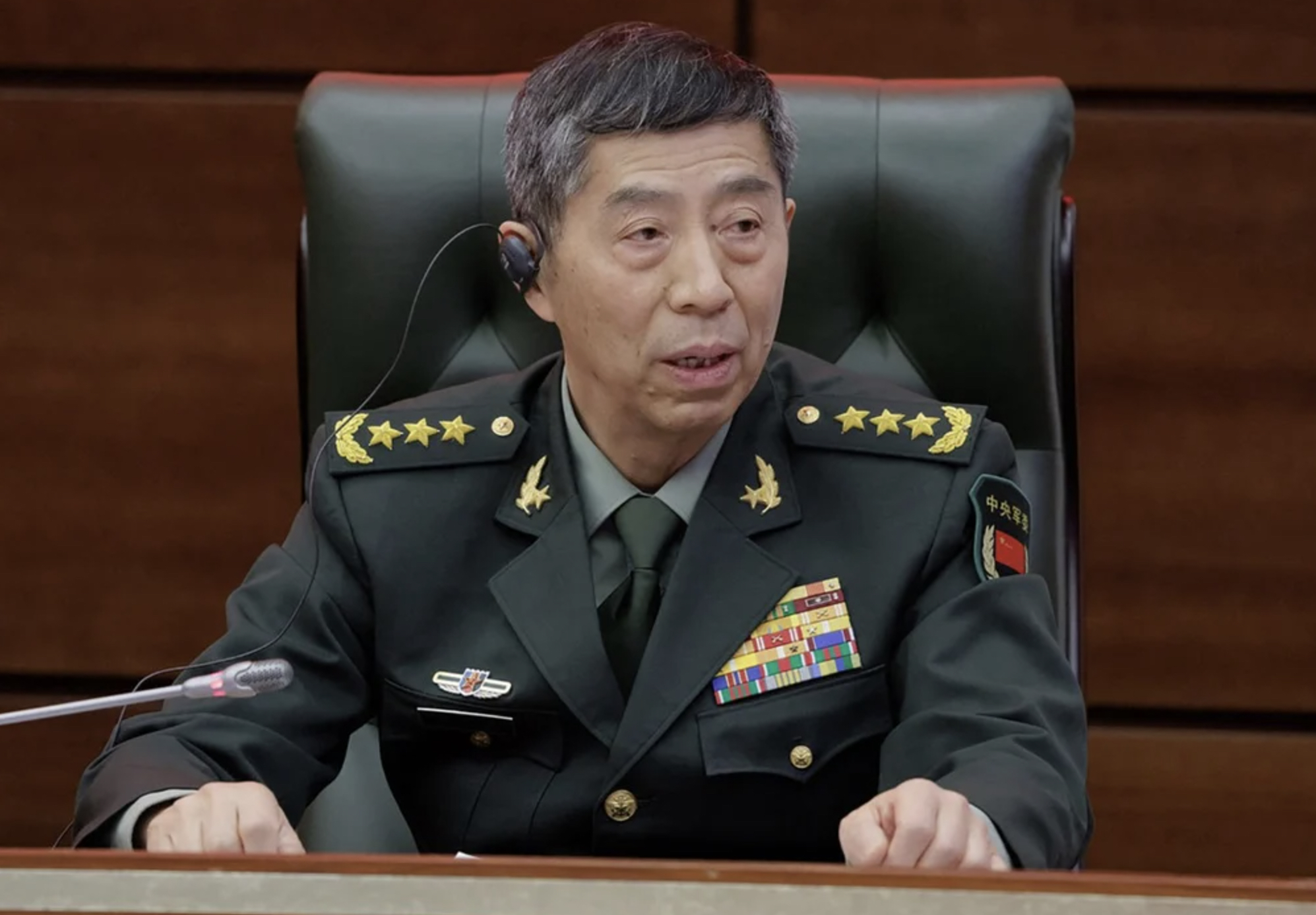John Grady

Alleged corruption inside Beijing’s rocket forces, which led to the ouster of former Chinese defense minister Li Shangfu, continues to be a problem for Chinese President Xi Jinping, an expert on People’s Liberation Army said Tuesday at the Center for Strategic and International Studies event.
Xi has not been successful at his efforts to clean up the People’s Liberation Army Rocket Force, despite the removal of a number of its most senior generals earlier this summer as part of an anti-corruption push, said Roderick Lee, research director at the Air University’s China Aerospace Studies Institute.
The Chinese military is organized along both government and Communist Party lines, which means the “minister of defense is a weak position,” as it falls under the CCP’s control, said Shen Ming Shih, a fellow at the Institute for National Defense and Security Research.
The defense minister’s resignation may signal warmer military-to-military relations between China and other countries, Shen, who spoke from Taiwan, said. In recent weeks, he said “less hawkish” statements are being thrown at Taiwan and the United States by Chinese officials and its media.
But this upheaval at the top of the ministry of defense and across the rocket force does not signify Beijing has any intention to reduce provocative intercepts in the air and at sea, the panelists agreed. Nor does it mean that Xi intends to cut back on modernizing his conventional forces, including adding 30 warships and several hundred fourth or fifth-generation fighter aircraft, according to the
Joel Wuthnow, a senior research fellow specializing in China’s military at the National Defense University, said the recently released Pentagon paper, often called the China Military Power Report, cited the rising number of reported dangerous intercepts as a major concern. As an example of how these incidents are continuing, he cited the most recent video of a Chinese fighter coming within 10 feet of a B-52 bomber operating in international air space.
Intercepts are meant to send a message that Xi is unhappy that America and its allies fly or sail in territories Beijing claims, Lee said.
The expansion of the rocket force to man the nuclear missile solo fields came from disbanded PLA ground units, Lee said.
One area that could explain the expansion in military ambitions globally comes in China’s shift to having civilians fill positions that at one time been held by the military. China is now aiming to hire 30,000 civilians a year, instead of 10,000.
Chinese leadership likely doesn’t think its forces are ready to take on the United States at the same time as an invasion into Taiwan, Shen said. They realize “it will be a long war” if the United States is involved. He added that it will likely take Beijing 10 to 15 years to reach the readiness state of American forces.
A further complicating factoris that takes decades for China to produce doctrine and policy for its armed forces, Lee said. Even then there is no guarantee a brigade commander in the east will follow the same techniques, tactics and procedures that a commander operating in the Himalayas is following, he said.
He added the continuing U.S. military and financial support for Ukraine and now its movement of naval, air and ground forces to the Middle East “is not going to make [the Chinese] more warlike.”
No comments:
Post a Comment